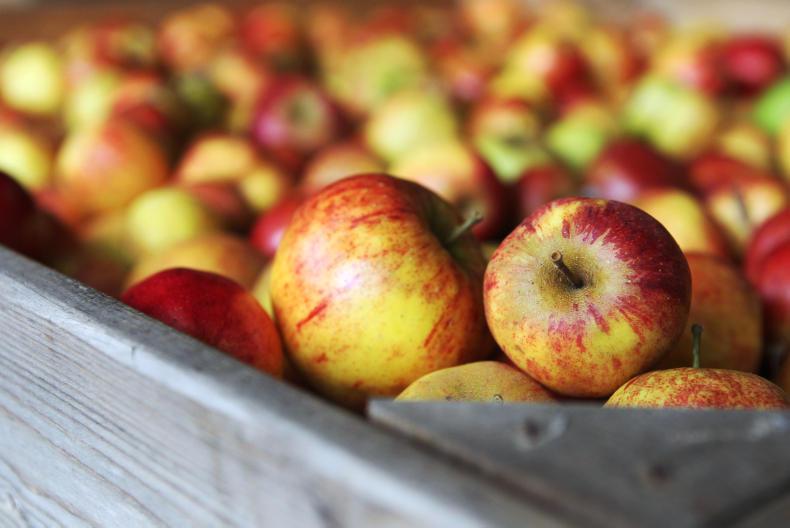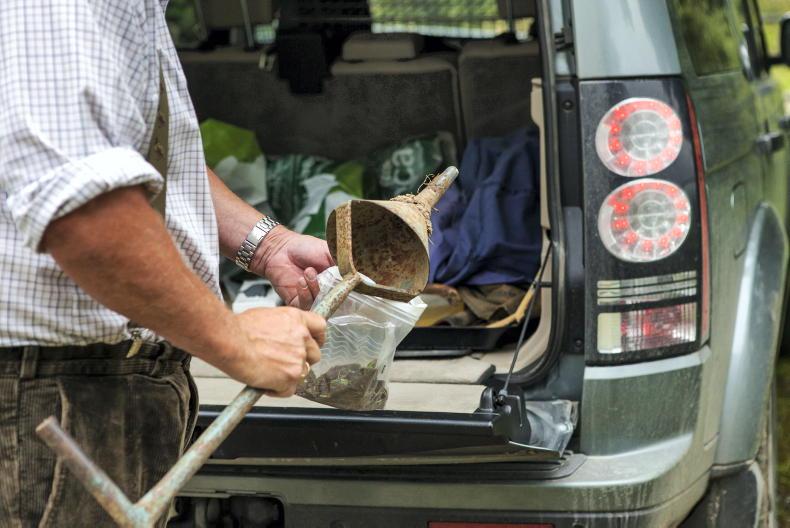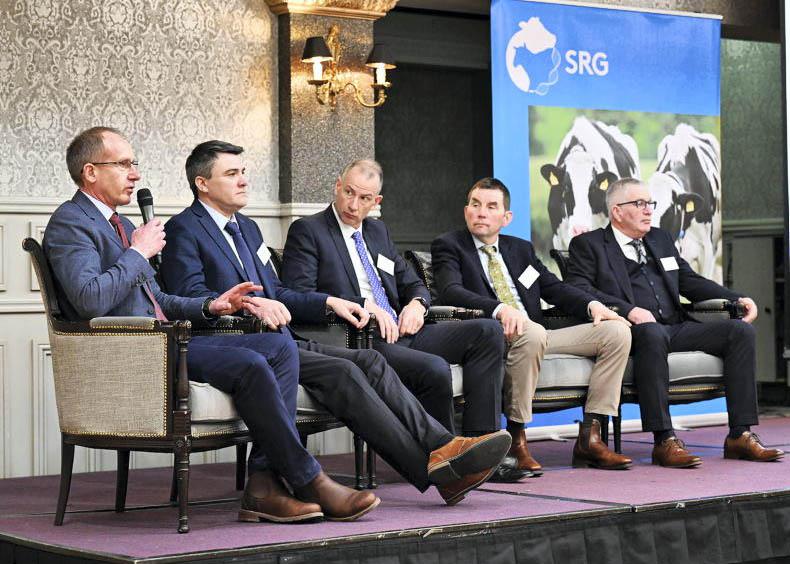One in five paid workers on NI farms is from outside the UK and Ireland, according to the results of a DAERA survey.
It was conducted in November 2017 and results published on Tuesday show that there were an estimated 1,404 seasonal and non-seasonal migrant workers in NI agriculture, which equates to 20% of paid employees on NI farms.
In addition, 676 seasonal migrant workers were present on NI farms during 2017, but had left before the survey was conducted last November.
The horticulture sector is most reliant on migrant labour, with the survey showing that 78% of the paid workforce on farms within the sector is migrants, followed by crop and vegetable enterprises at 34% and pig and poultry units at 12%.
Most non-seasonal migrant workers were employed on large horticulture farms (mainly mushroom units). Almost a third of these workers were from Bulgaria, with 28% from Lithuania, 16% from Poland and 10% from Latvia.
Most seasonal migrant farm workers were employed on specialist fruit farms. Over half of these workers were from Romania, with 17% from Bulgaria, 12% from Lithuania and 11% from Poland.
Of the farmers that employ migrant labour, 34% said they would reduce production if restrictions on the employment of EU workers were introduced after Brexit. A further 23% said they would recruit more local labour and 18% said they would invest in labour-saving technology.
In response to the survey results, the UFU said it is “growing increasingly concerned” about how labour demands will be met after Brexit.










SHARING OPTIONS